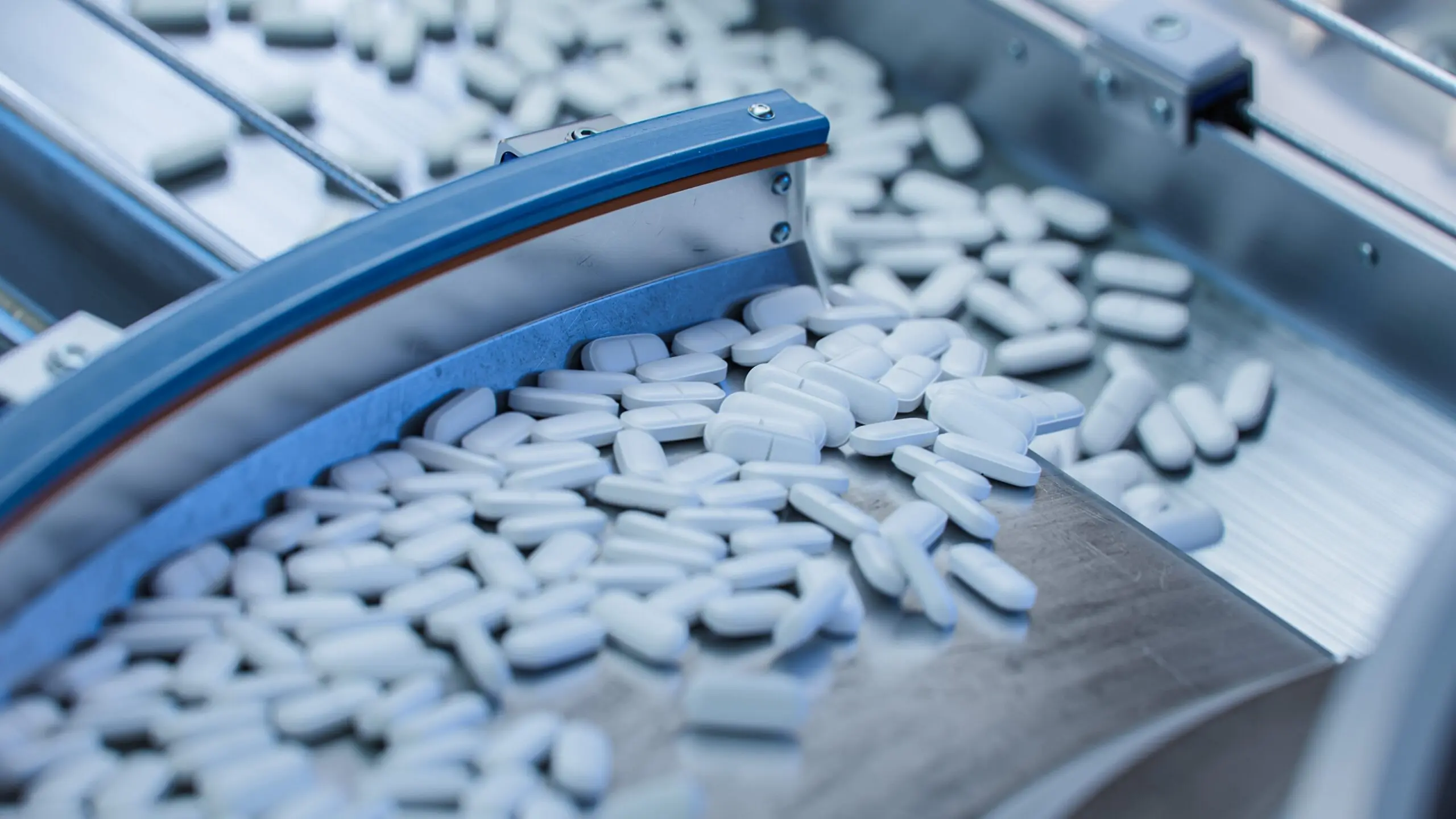
Can I Take Creatine with SSRIs?

Early trials link creatine to improved SSRI response in some people, but physicians urge caution

Share
Gina Jansheski, M.D., is a pediatrician with 22 years of practice experience. Dr. Jansheski completed her medical education at the University of Arizona College of Medicine, followed by a pediatric residency and a one-year fellowship in Developmental and Behavioral Pediatrics. She served as the medical director of Tucson Pediatric Hospitalists, providing pediatric hospice and palliative care services.
LIVE WEBINAR: MARCH 3
Curious about trustworthy alternative treatments? Get answers from an expert: what works, what doesn't, and how to afford it.
SAVE YOUR SPOTon this page:
Originally popular as an athletic performance enhancer, creatine monohydrate is now gaining attention for its ability to counteract age-related muscle loss and boost brain health. Many people prescribed selective serotonin reuptake inhibitors (SSRIs) can safely take a creatine supplement under their doctor’s supervision, and preliminary evidence suggests it may even boost an SSRI’s effectiveness.
Creatine and SSRIs: Generally Safe and Potentially Complementary
Creatine, naturally produced in the body and obtained from dietary sources like red meat and fish, is stored in the muscles and brain. It helps the body quickly recharge its cellular energy stores, especially in times of intense activity when demand is high. Many people take supplemental creatine to enhance strength and muscle mass, as well as to improve exercise performance.
Common side effects of creatine supplements include weight gain due to water retention, muscle stiffness or cramping and gastrointestinal symptoms like bloating and diarrhea. Rarely, creatine may cause issues with kidney function, especially in individuals with underlying kidney disease or taking other medications that stress the kidneys.
SSRIs, such as escitalopram (Lexapro), fluoxetine (Prozac), and sertraline (Zoloft), are commonly prescribed to ease symptoms of moderate to severe depression. These medications boost the body’s levels of serotonin (a neurotransmitter that helps regulate mood) by preventing it from being reabsorbed by brain cells. Possible side effects of SSRIs can include nausea, headache, reduced libido, sleepiness and anxiety.
Although SSRIs and creatine do not appear to interact directly, a few studies suggest that creatine may help ease depressive symptoms, particularly when combined with SSRIs. Victor Ajluni, M.D., of Wayne State University states that the “most robust evidence” of this comes from a small, randomized controlled trial published in 2012. Fifty-two women with major depressive disorder beginning treatment with escitalopram were randomly assigned to also receive either 5 grams of creatine or a placebo daily for eight weeks. Participants who took creatine along with their SSRI improved more quickly and were almost seven times more likely to achieve remission than those in the placebo group. “The study is encouraging but not yet practice-changing,” notes Dr. Ajluni.
Brent Kious, M.D., Ph.D., of the University of Utah School of Medicine, agrees that the evidence is “compelling but still preliminary.” He also notes that the findings may not be generalizable to people still experiencing depression symptoms while taking an SSRI.
Dr. Kious and his colleagues are currently conducting a study assessing whether supplementing with creatine along with a precursor to serotonin (or one or the other) can augment the effects of conventional antidepressant therapy and related drugs in people with treatment-resistant major depressive disorder.
Creatine alone has shown antidepressant effects in animal studies, and an extensive survey of people aged 20 and older has linked higher dietary creatine to lower rates of depression, with more potent effects seen in women and adults aged 20 to 39. Scientists aren’t yet sure how creatine exerts these effects. One theory suggests that depression may be linked to how the brain produces and uses energy, so creatine supplementation may help treat depression by enhancing the brain’s response to increased energy needs. Other evidence suggests that creatine influences the action of mood-related brain chemicals and protects against cell damage.
Dr. Kious and Dr. Ajluni both note that larger, more diverse studies are needed to better understand creatine’s effects on depression, particularly in different populations.
However, there is an important caveat around supplemental creatine and another mental health condition: bipolar disorder. “For patients with bipolar disorder, creatine may carry a risk of manic switch and should be avoided or used only under close psychiatric supervision,” cautions Dr. Ajluni. He recommends that anyone taking an SSRI speak to their prescriber before adding creatine.
What Are Alternatives to Creatine?
“If somebody is planning to take creatine to treat residual depressive symptoms that haven’t responded to their SSRI, I don’t recommend that at this point,” says Dr. Kious. He explains that more established ways doctors can treat those persistent symptoms include increasing the SSRI dose, prescribing other antidepressants like bupropion (Wellbutrin SR, Wellbutrin XL), referring the patient for cognitive behavioral therapy and recommending exercise.
For people on SSRIs interested in taking a mood-enhancing supplement, Dr. Ajluni says that omega-3 fatty acids and S-adenosylmethionine (also known as SAMe or AdoMet) have shown some antidepressant effects. Other options include L-theanine, N-acetylcysteine, and Rhodiola rosea. “All should be evaluated in the context of the individual’s health history and current medications,” he cautions.
While often not considered as powerful as medications, supplements can still have a significant impact, especially when combined with medications. If you’re taking an SSRI, make sure to talk with your doctor before adding any supplement.
- Chu, A., & Wadhwa, R. (2023, May 1). Selective serotonin reuptake inhibitors. StatPearls – NCBI Bookshelf.
- Creatine: MedlinePlus Supplements. (n.d.).
- Kious, B. M., Kondo, D. G., & Renshaw, P. F. (2019). Creatine for the treatment of depression. Biomolecules, 9(9), 406.
- Lyoo, I. K., Yoon, S., Kim, T., Hwang, J., Kim, J. E., Won, W., Bae, S., & Renshaw, P. F. (2012). A randomized, Double-Blind Placebo-Controlled trial of oral creatine monohydrate augmentation for enhanced response to a selective serotonin reuptake inhibitor in women with major depressive disorder. American Journal of Psychiatry, 169(9), 937–945
- Study details | 5-HTP and Creatine for Depression R33 phase | ClinicalTrials.gov. (n.d.)
- Bakian, A. V., Huber, R. S., Scholl, L., Renshaw, P. F., & Kondo, D. (2020). Dietary creatine intake and depression risk among U.S. adults. Translational Psychiatry, 10(1)
- Walczak, K., Krasnoborska, J., Samojedny, S., Superson, M., Szmyt, K., Szymańska, K., & Wilk-Trytko, K. (2024). Effect of creatine supplementation on cognitive function and mood. Journal of Education Health and Sport, 73, 51712
- Toniolo, R. A., Silva, M., De Brito Ferreira Fernandes, F., De Mello Siqueira Amaral, J. A., Da Silva Dias, R., & Lafer, B. (2017). A randomized, double-blind, placebo-controlled, proof-of-concept trial of creatine monohydrate as adjunctive treatment for bipolar depression. Journal of Neural Transmission, 125(2), 247–257.
- S-Adenosyl-L-Methionine (SAME): In depth. (n.d.). NCCIH.
DISCLAIMER: MedShadow provides information and resources related to medications, their effects, and potential side effects. However, it is important to note that we are not a substitute for professional medical advice, diagnosis, or treatment. The content on our site is intended for educational and informational purposes only. Individuals dealing with medical conditions or symptoms should seek guidance from a licensed healthcare professional, such as a physician or pharmacist, who can provide personalized medical advice tailored to their specific circumstances.
While we strive to ensure the accuracy and reliability of the information presented on MedShadow, we cannot guarantee its completeness or suitability for any particular individual’s medical needs. Therefore, we strongly encourage users to consult with qualified healthcare professionals regarding any health-related concerns or decisions. By accessing and using MedShadow, you acknowledge and agree that the information provided on the site is not a substitute for professional medical advice and that you should always consult with a qualified healthcare provider for any medical concerns.
on this page:
RECOMMENDED:
DONATE:
Help fund our fight for improved medication safety and transparency by supporting our independent journalism.
Give NowStay Informed. Sign up for our newsletters.
Independent, science-based journalism delivered directly to your inbox.
We seek to create a world where there are safer medications for all and where all people are fully informed about their medication benefits and side effects, using our explanatory and investigative journalism to both inform and stimulate public discussion to drive toward solutions.
LIVE WEBINAR: MARCH 3
Curious about trustworthy alternative treatments? Get answers from an expert: what works, what doesn't, and how to afford it.
SAVE YOUR SPOT


